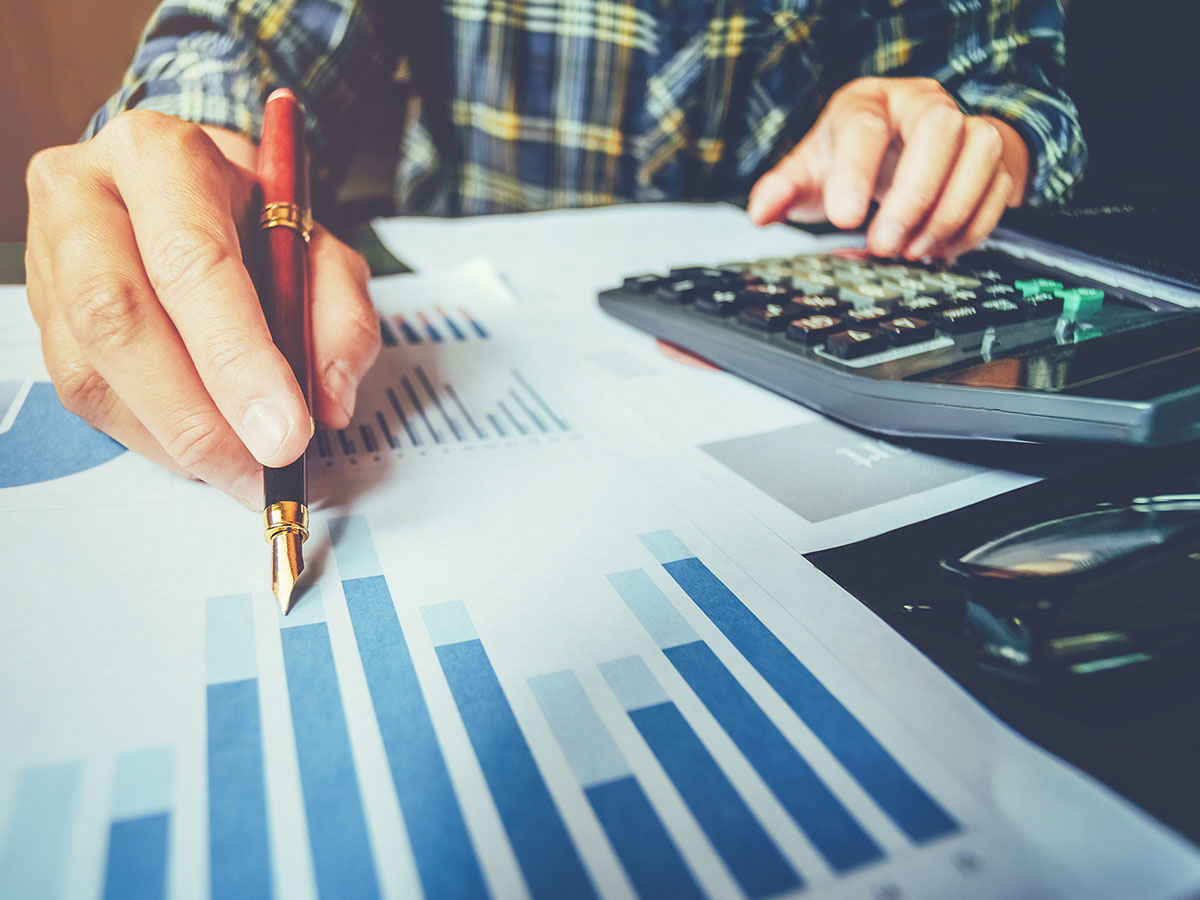Investing in precious metals, such as gold and silver, is one of the wisest moves you can make with your money. Gold and silver have been shown over centuries to hold their value remarkably well. Unlike national currencies, gold and silver don’t suffer drastic losses in value due to economic crises. In fact, in times of market stress, these precious metals function as diversifiers and assets to mitigate losses. However, despite all their positives, many people don’t know where to start when it comes to buying gold and silver. That’s why TRB Bullion is happy to provide a few tips on getting started with your gold and silver investments.

Determine What You’re Trying to Achieve
As with any investment venture, you should have a clear idea of what you want to achieve financially through investing before making your first purchase. Are you planning on turning a quick profit in a riskier, more hands-on investment setting? Or do you want to stash funds away to allow them to grow on their own without constant oversight?
For long-term investments, purchasing physical gold and silver bullion is the route you most likely want to take. Owning physical bullion gives you more direct control over your assets, and tangible metal tends to have more modest yet consistent growth than other ownership options.
For short-term investing, you should look into what’s commonly referred to as “paper gold” and “paper silver.” Paper gold and paper silver are terms given to stocks and shares that are related to gold and silver assets. With paper gold and silver, you don’t have access to the physical bullion, which many investors see as a convenience. However, gold and silver derivatives are riskier than their bullion counterparts since the investor doesn’t actually possess the physical asset. They’re also traded regularly, like stocks, meaning their value fluctuates, which can be good or bad depending on your investment approach.
Create Your Investing Budget
Figuring out how much you can afford to invest in gold and silver is key to obtaining long-term profits. Start by looking at your current assets. Remember that money put away into investments isn’t as readily accessible as your checking or savings accounts. That means you won’t be able to use it for everyday purchases, and there will typically be a delay to get money if you need to sell, which can complicate matters if you need funds for an emergency.
After deciding how much of your resting assets you can devote to gold and silver, take a look at your income. After deducting bills and other monthly expenses, you’ll see how much you have leftover for personal purchases and investing. From this money, make sure your emergency savings are always replenished and ready for unexpected expenses. Then, decide how much you want to devote to personal expenses such as vacations, eating out, gifts, and so on. Whatever is left after accounting for all of these areas, you’ll have a good idea of how much you can afford to devote to investing.
Investing should almost always be done at regular intervals, such as weekly or monthly. This promotes steady growth and mitigates the risk of heavy losses after a significant investment. Many investing mediums today have automatic investing options as well that will help you keep up with your investing schedule and gradually grow your assets without you having to manage your portfolio actively.


Research Precious Metal Sellers
To purchase your gold and silver, you’re going to need a source to buy it from. This can be a particularly daunting task for new investors, and for good reason. You’ll likely be putting a fair amount of money into your precious metal endeavor, so you want to make sure you’re working with only reputable entities. Once you find a potential gold dealer, whether they be local or online, here are a few ways you can verify their legitimacy.
- Find Reviews - When buyers have negative interactions with sellers, it’s common for them to share their bad experience on review sites. For this process, it often helps to organize the reviews starting with the most critical. This will show you their bad reviews first and help you identify any negative trends.
- Check Product Selection - To ensure the seller has what you’re looking to buy, check their product selection before starting a transaction with them.
- Look At Their BBB Profile - The Better Business Bureau is one of the most reliable entities when it comes to verifying a seller’s legitimacy. BBB reviews are regulated and vetted to make sure that (a) disgruntled consumers aren’t making false claims against the seller and (b) sellers can’t easily erase records of negative interactions from their BBB records. If you find your seller on the Better Business Bureau website and they have anything less than an A+ rating, it’s probably in your best interests to steer clear of them.
Make Your Purchase and Store Your Assets
After you’ve found and thoroughly researched your preferred seller, it’s time to start investing. At this point, you want to keep an eye on market trends via one of the many reputable investing news platforms. A good rule-of-thumb with precious metals is to buy when prices dip low and hold for the long-term. If prices seem relatively steady, an automated investing approach is a good way to remove the burden of constant research from your shoulders. However, if prices are volatile, keeping an active eye on daily, weekly, and monthly fluctuations is generally advised.
If you’re buying physical gold and silver, you’ll also want to figure out where you’re going to store your assets. There are several different options for this, but the most common are safe deposit boxes, at-home storage, and bank vault storage.

Buying silver and gold is a great way to invest in your financial future, and we hope we’ve given you some tips and tools in this article to help get you started. To learn more about the process of buying and selling precious metals, contact the experts at TRB Bullion. We’ll help you build a diverse precious metals portfolio and answer any questions you might have about the buying, selling, and storing processes.
